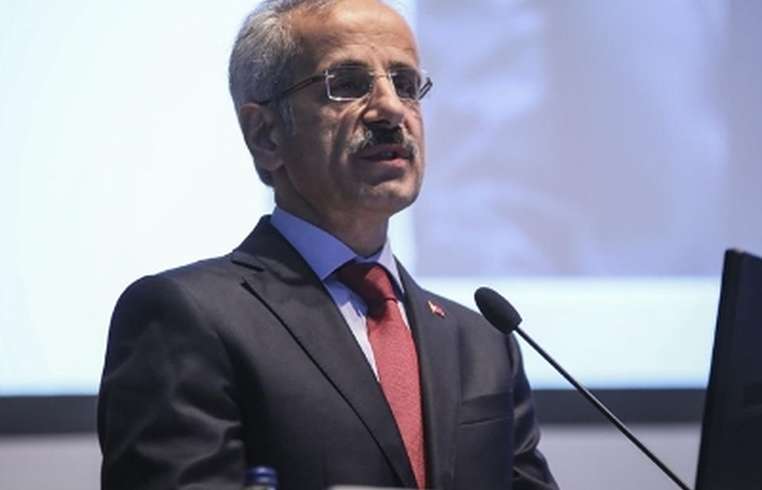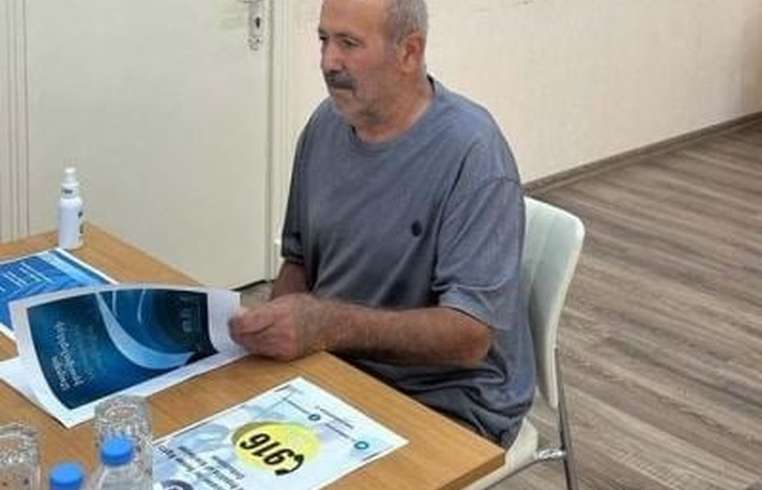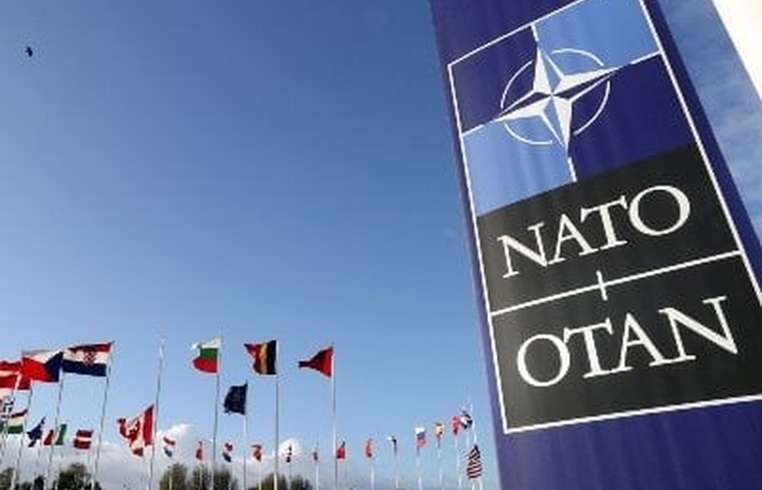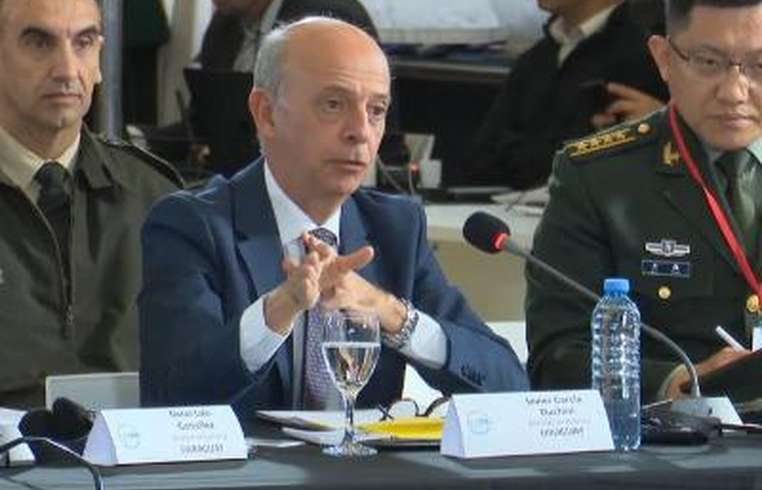
News - Switzerland launches 10-year project of CHF 9 million in Armenia
Business Strategy
Switzerland launches 10-year project of CHF 9 million in Armenia
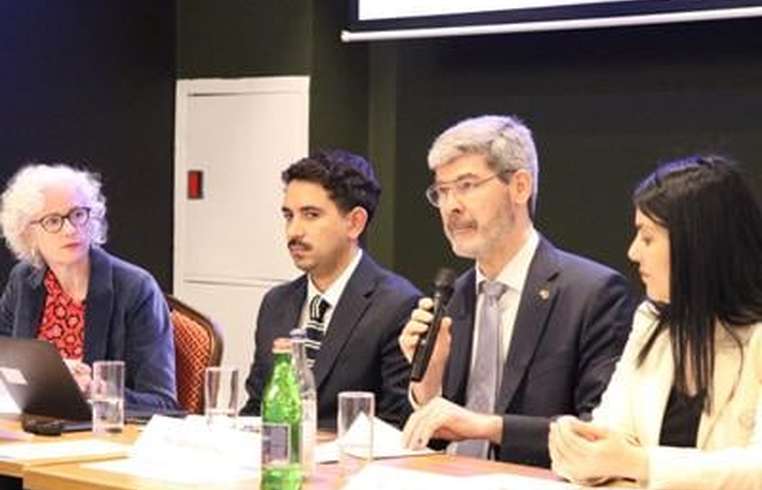
The Swiss Agency for Development and Cooperation (SDC), together with the OECD’s Observatory for Public Sector Innovation and in close collaboration with the Armenian Government, launched the implementation of project "Democratic Institutions and Participatory Policies in Armenia" (DIPPA), informed the Embassy of Switzerland in Armenia. Werner Thut, Chargé d’Affaires a.i. of Switzerland and equally responsible for the Swiss Cooperation Program in Armenia, Claire McEvoy, Lead of the OECD Observatory of Civic Space, representatives of the Office of the Prime Minister of Armenia, deputy ministers, and other international and Armenian stakeholders participated to the opening ceremony. In his welcoming speech, Werner Thut recalled the fundamental rationale for the SDC to support the Armenian Government in strengthening democracy: "As a country at the crossroads of three major European cultures and in the past sometimes fundamentally challenged by geopolitical developments, we have had to learn to deal with diversity and strongly different views among ourselves. To achieve stability and economic success, we have had to establish a system based on consensus and listening to citizens on an almost daily basis. In my view, this is perhaps our country's greatest achievement. With this project, we endeavor to share this experience with Armenia." "The Government of Armenia welcomes the project ‘Democratic Institutions and Participation Policy in Armenia’ launched by the Government of Switzerland. We hope that the effective implementation of the project will stimulate the government's efforts to strengthen the principles of democracy and will contribute to the formation and dissemination of a culture of inclusivity in the field of public administration," said Lilya Afrikyan, Open Government Agenda Coordinator, Office of the Prime Minister of Armenia, on behalf of the Head of the Prime Minister’s Office, Arayik Harutyunyan. The Swiss financial contribution of CHF 9 million (if the financial situation of the SDC allows it over time) is envisaged for the period 2023-2033 and will set-up partnerships with an array of state institutions, notably the Prime Minister's Office, the National Assembly of Armenia, the Ministry of Finance, various line ministries, and select pilot municipalities. As non-governmental democracy stakeholders, selected specialized civil society organizations and impartial media outlets will be included in the project. The project is structured around three primary goals: Seeks to support public institutions to be more inclusive in their tasks of policymaking and budgeting at the national and the local level. Empowers individuals and citizen groups to engage constructively and innovatively with these institutions towards balanced, broader-based policy solutions. Strengthens the role of independent media in promoting public awareness and constructive dialogue. The DIPPA project was designed in response to recent initiatives of Armenia's government to promote public participation. It aims at bringing about comprehensive enhancements to democratic processes by refining and expanding existing political and institutional mechanisms. The project will build upon the international best practices and experiences of participatory governance, including from Switzerland. Based on the internationally recognized assessment methodology of the OECD OPSI, the SDC’s key implementing partner in the first year, the needs and gaps of public institutions will be assessed. In close collaboration involving also civil society and independent media, the implementers will experiment with participatory policymaking and budgeting tools. In parallel, the OECD OPSI will assist with identification of specific sector and policy problems where innovative approaches and tools of participatory governance will be tested. The project seamlessly integrates with existing SDC strategic objectives and projects in Armenia, It notably builds upon and deepens results on public participation efforts at the local level as achieved in successful project “Improvement of the Local Self-Governance System in Armenia”. Thus, the project further strengthens Armenia’s position as a leader in democratic governance among post-Soviet countries.


